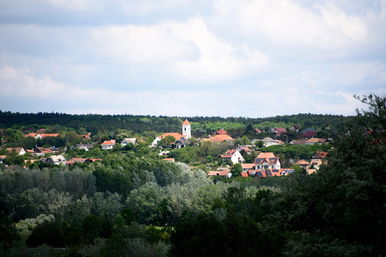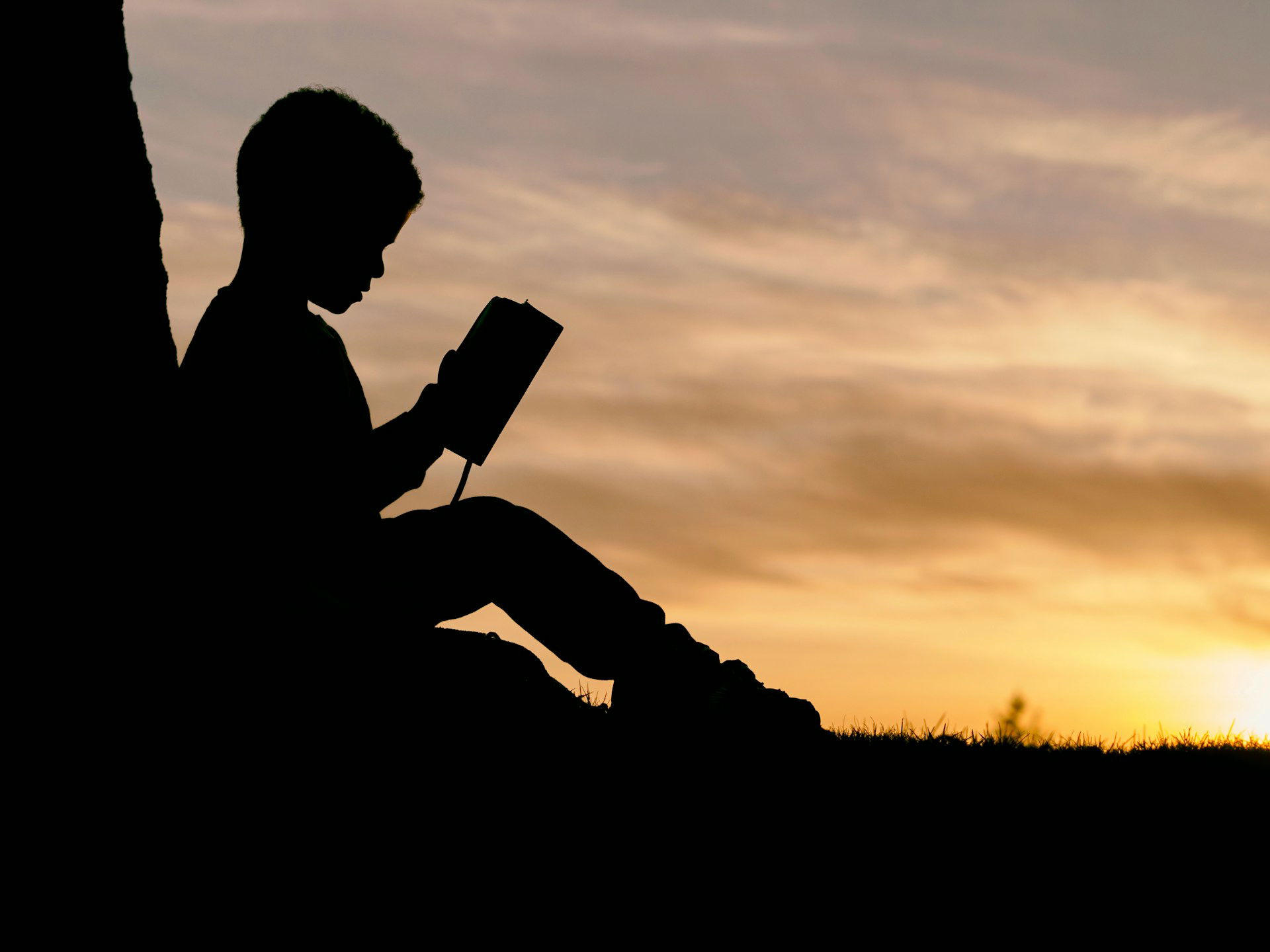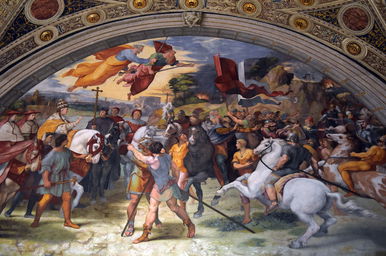
The school issue is the social issue of the 21st century: moreover, politicians are not mistaken and each five-year term inaugurates a new school project. School is an eminently political place: it will be at the heart of the next presidential campaign. Upon his arrival, François Hollande initiated the reestablishment of the school system by the law of 2024. A large-scale consultation is beginning, which is giving rise to good questions, but partial answers. Are they due to collective resistance (from civil society to teachers), to the bureaucratic burdens of the school system, to the constraints and limits of public action, or the lack of political courage?
The end of school?
The school form" in the sense of the sociologist Guy Vincent, is a space (the class, a "separate universe for childhood"), a time (organized by the knowledge to be transmitted), and a professional in charge of this transmission. In our history, it is also a didactic contract between a teacher and students which is based on a transmissive and vertical form in a unique and monopolistic model of disciplinary knowledge (and political values under the cover of neutrality). This form is today facing a crisis of legitimacy: it is due to a structural flaw and two developments.
The French school system is more unequal than schools in comparable countries: the correlation between social background and academic performance is stronger, and children from immigrant backgrounds are twice as likely to have educational difficulties according to the OECD Pisa program.
The school of equal opportunities has certainly never been meritocratic and social and ethnic discrimination is compounded by economic inequalities produced by the increasing commercialization of knowledge and training (this is school business and the academic compromise, legitimized by the two figures of the heir and the scholarship student, has fizzled out. Two developments are also at the origin of this re-evaluation of the school form. The global turn calls into question the raison d'être of the school, which for decades consisted, whatever the country, of training citizens to integrate into the nation. The global turn questions as much the production of knowledge to think about the world as the education in the world that the school provides.
The second development, the explosion of digital technologies, is shattering the "school form". The physical building is no longer the only or necessary place to transmit knowledge. Access via these technologies to different sources of information and knowledge leads to a decline in the monopoly of educational establishments in terms of knowledge: we are moving from institutional knowledge to relational knowledge. The very notion of knowledge has multiplied with technological tools.
At the end of the national consultation on the restructuring, a diagnostic report was published which, without being at the forefront of thinking, particularly on questions of pedagogy, initiates excellent questions about an obsolete school form.
Unprecedented projects
The reform of school schedules is an excellent question: that of adapting not children to the economic constraints of adults (and incidentally of tourist lobbies) but of adapting school schedules and holidays to the physiological rhythms of learning. The answer: a reform that increases the time spent at school by children (and therefore their fatigue) and the economic inequalities between municipalities and therefore families.
The reflection on grades at school is an excellent question in a French system where the quantification is early, permanent, inequitable, and counterproductive. The answer: is a circular that indicates that each teaching team will choose its form of evaluation. Status quo! Returning to the ban on veiled mothers accompanying school trips is an excellent question when Najat Vallaud-Belkacem indicates that her position is in line with that of the Council: The principle is that since mothers [parents] are not subject to religious neutrality, as indicated by the Council of State, acceptance of their presence on school trips must be the rule and refusal the exception.
The reform of the secondary school is a real necessity and the minister did not hesitate to courageously address the issue of multidisciplinarity with the EPI (interdisciplinary practical teaching) and its corollary, cooperation between teachers, but limited herself to proposing a reform of the secondary school which, although arousing resistance from the teaching staff, only marginally changes the outdated disciplinary structure of our school.
The question of the construction of social ties and the creation of the common by the school is an imperative in a multicultural society, but the measures to "place secularism and the transmission of republican values at the heart of the mobilization of the school" have given rise to an escalation in the display of secularism conceived rather as a defensive response than as a project for living together. The rightful questioning of the effects of the school map and its relaxation – since its implementation from the start of the 2007 school year – on the social and ethnic segregation of schools by proposing an experiment in several academies is a first step. Because the republican school organizes a social and ethnic-cultural homogenization. But real strong proposals such as the creation of super establishments or magnet schools are pending. The digital plan for schools is a real challenge in a knowledge society where neither the teacher nor the school can claim a monopoly on access to knowledge. But there is no real pedagogical and didactic break alone capable of inducing real differences. The re-establishment therefore opens up many necessary projects but responds to them minimally. Of course, it is impossible to minimize the constraints of public action: resistance from stakeholders, and pressure groups.
Opening up different avenues
If in appearance the school has changed, notably with the successive waves of massification, if pedagogical innovations can here and there demonstrate the dynamism of certain teachers, the "school form" has not structurally changed, impervious to new pedagogies which nevertheless date back several decades. Without multiplying ideas, we can launch some main avenues.
Let's activate an unused lever
the teacher recruitment competition Recruiting teachers differently is essential. It is not enough
to know to know how to teach. Let's pre-recruit teachers with a bac +2. Let's offer mixed tests combining disciplinary knowledge, pedagogical and didactic knowledge, and "transversal" knowledge from the human and social sciences, but also didactics and pedagogies to then offer work-study training. This allows for an increased presence of adults in schools. It is therefore necessary in the same year as the "theoretical" competition to introduce practical tests and collaborative tests.
And so, let's train teachers differently
there is a clear failure in teacher training. A two-year mixed training course in alternation is
essential. Upon successful completion of the competitive examination, the training is jointly supported by the university and the State (employer in the context of internships). It allows both the obtaining of an M1 and an M2 and genuine long-term professional training. Any trainee teacher, while preparing for their master's degree, must also necessarily participate in research work, an activity facilitated by collaborative projects carried out between teachers and researchers. The implementation of collaborative projects in schools allows the implementation of continuing training that feeds research and is fed by it. Let's restore pedagogy
teaching is learned and not just on the job! It is a profession. Beyond disciplinary knowledge, training in pedagogies is essential. The idea would be to train teachers in initial training and in mandatory continuing education, to create spaces for regular exchanges between practitioners and pedagogues integrated into the teachers' timetable, and to promote pedagogical research at the university.
Let's introduce a single high school
it cannot be conceived without a real revolution in thought in education. It is the disappearance of the streams that bring segregation and social and cultural inequalities, but not either of the à la carte school paths that produce academic and social differentiation. Let's introduce a progressive and compulsory common core, which everyone goes through at their own pace and which differs according to the disciplines and multidisciplinary projects. The baccalaureate becomes a term exam for all students, driven by a delay in compulsory schooling until the age of 18. It will have to be reworked in light of this new conception of high school, in particular by proposing level tests that each student chooses to take at their own pace.
Let's open the school to artists and researchers.
Educational inequalities are partly due to unequal access to art and culture. The educational access implemented in the school reinforces educational and then social inequalities. Let's open the school to artists and researchers within the framework of negotiated educational projects. The implementation of collective projects in high school, which could be extended to middle school, requires creating an open space in the School for knowledge-in-the-making. It assumes openness to external collaborations. This would nourish the continuing training of teachers and would confer increased legitimacy and dissemination of the scientific knowledge produced. Singers, dancers, actors, sculptors, novelists, painters, etc. can share their way of thinking about society.
Let's create an observatory of living together
the school produces the central values of societal cohesion. Knowledge is not transmitted, it is built. We must teach the feeling of common belonging. An observatory of living together is necessary. There is a deficit of scientific work in the human sciences on the question of collective identity and teacher training. An observatory of living together is a collective necessity that fills a double deficiency; the North American world has hundreds of them.





.jpg?crop=1280,527,0,130&width=386)
.jpg?crop=1000,412,0,140&width=386)






